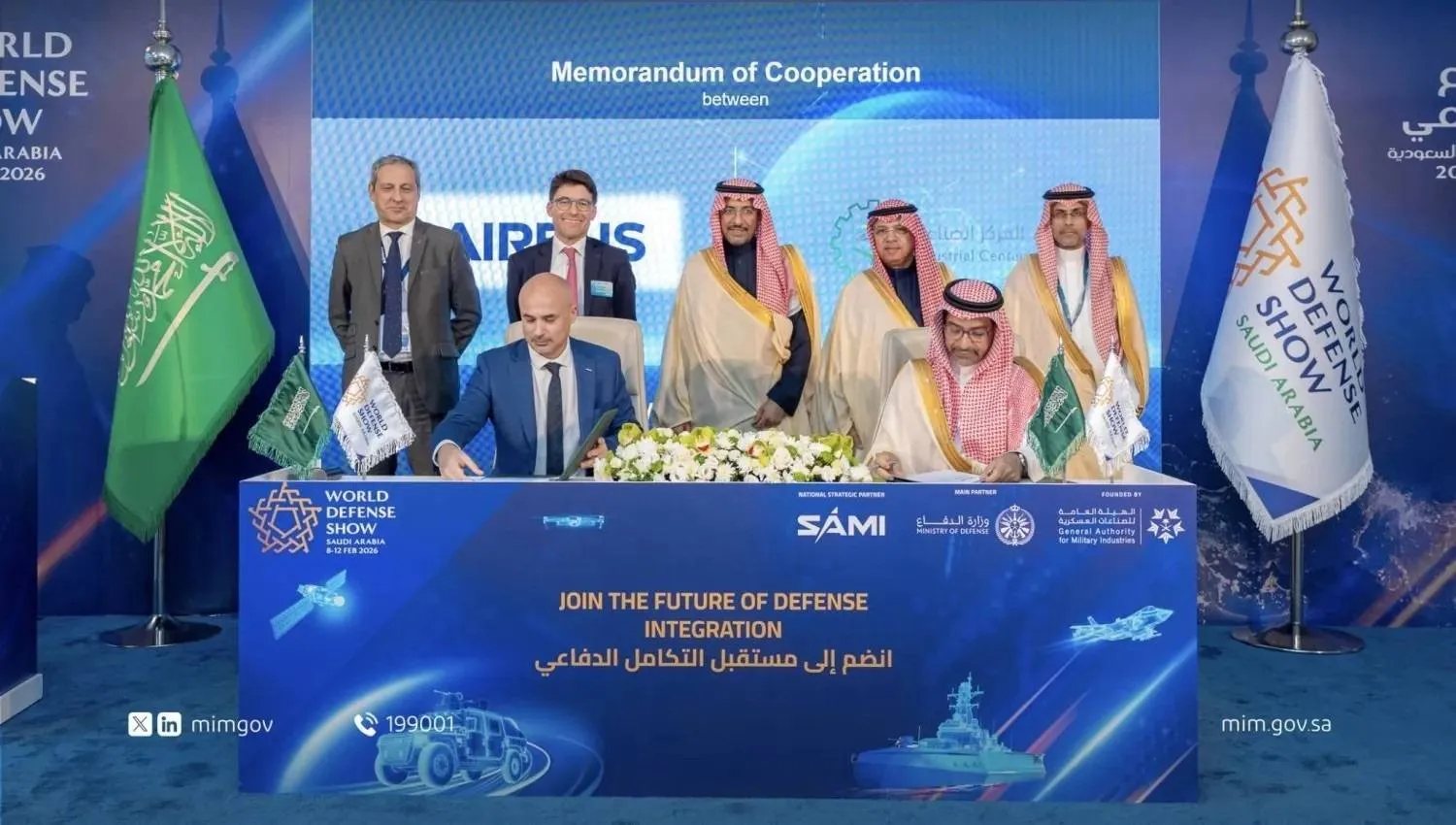Saudi Energy Minister Prince Abdulaziz bin Salman said OPEC+ would do whatever is necessary to support the oil market.
The Minister was speaking on the sidelines of the 8th OPEC International Seminar in Vienna on Wednesday.
On Monday, Saudi Arabia said it would extend the one million-barrel-per-day (bpd) production cut it had initially flagged for July into August, while Russia announced a 500,000-bpd decline in exports next month.
The Minister said Saudi Arabia makes voluntary cuts "because there was another, more urgent demand from the market, or another, more necessary expectation that OPEC + should act."
"If we want to be fair to everyone and if we want everyone to work together, we have to make sure that they maintain their focus on the most important topics and long-term issues. Deviating attention to another issue will lead to imbalances, which is why we chose to take this job on a provisional basis," he said.
The Minister noted that in June 2020, Saudi Arabia, UAE, Kuwait, and Oman made a voluntary contribution for a month and voluntary reduction that began in February 2021 and lasted for three months.
"We made by gradually easing this reduction until July 2021."
"I ask you where we would have been today had it not been taken these steps at the time. I have reassured the market that there is a necessity for this position," he added.
Prince Abdulaziz explained that Russia's reduction was voluntary, pointing out that the simultaneous decrease in supply by the Kingdom and Russia shows the strong cooperation between the two nations.
"Russia's oil cut is meaningful because it affects exports," he said.
The Minister said that Saudi Arabia is no longer playing the role of a heavyweight producer, but instead, OPEC + plays this role.
He added that enhancing transparency depends on seven independent external bodies accredited to follow up on the countries' production in the oil cut agreement.
A recent report from the International Energy Agency (IEA) indicated that Russia did not comply with production cuts during May, and the Saudi Energy Minister warned that the data could disrupt the market.
In turn, UAE Energy Minister Suhail al-Mazrouei stressed that oil-producing countries have a more comprehensive view of the market and present a realistic outlook of the supply-demand balance.
Mazrouei explained that the periodic meetings of OPEC and OPEC+ help limit fluctuations and restore market balance and stability through cooperation and joint efforts, especially as OPEC and OPEC+ member countries account for around 40 percent of the global oil output.
"We are constantly working to monitor markets and relevant shifts to ensure taking timely and effective measures, which help boost stability across the market and drive economic development worldwide," Mazrouei added in a statement carried by WAM news agency.
He promised that the additional oil production and export cuts announced by Saudi Arabia and Russia earlier this week would help balance the market.
The total production cuts currently amount to more than 5 million bpd, or the equivalent of five percent of global oil production of about 100 million bpd.
Aramco CEO, Amin al-Nasser, pointed out that the corrective measures taken by Saudi Arabia will impact in the coming months, announcing plans to increase gas production by 50 to 60 percent by 2030.
Also at the conference, the OPEC Secretary-General, Haitham al-Ghais, said that the organization is keen on stabilizing the market, reducing the environmental footprint, and moving towards a sustainable and comprehensive energy transition.
In his welcome speech at the conference, Ghais added that "sustainability" revolves mainly around balance and meeting current generations' needs without compromising that of future generations.
He reviewed the importance of oil in global energy, the industry's primary role in reducing carbon emissions, and OPEC's efforts to achieve market stability, reduce the environmental footprint, and move towards a sustainable and comprehensive energy transition.









